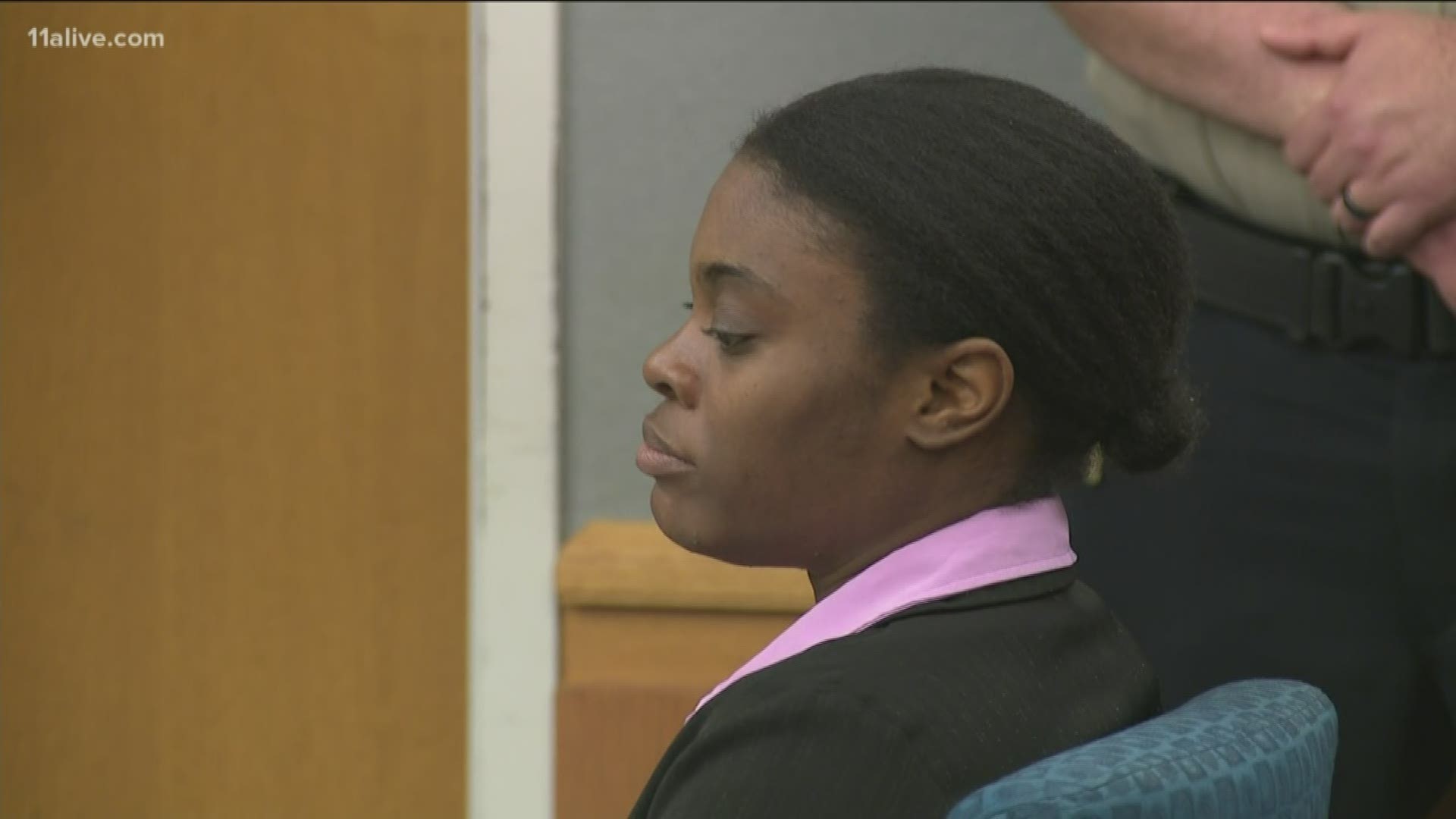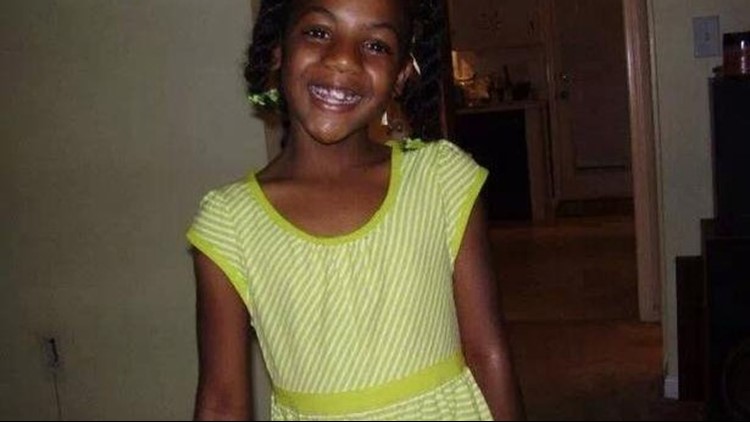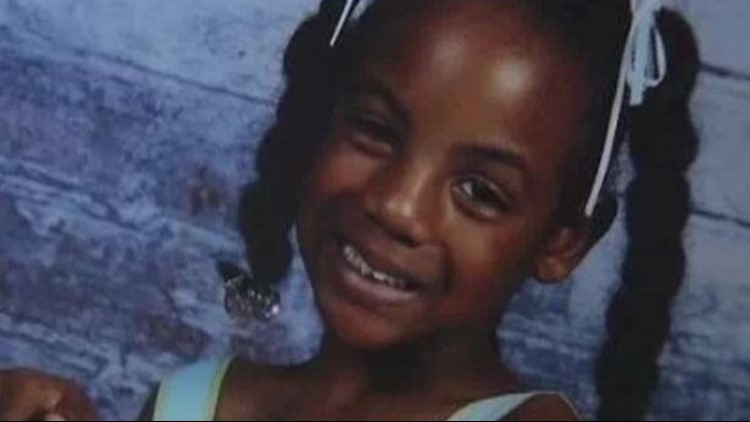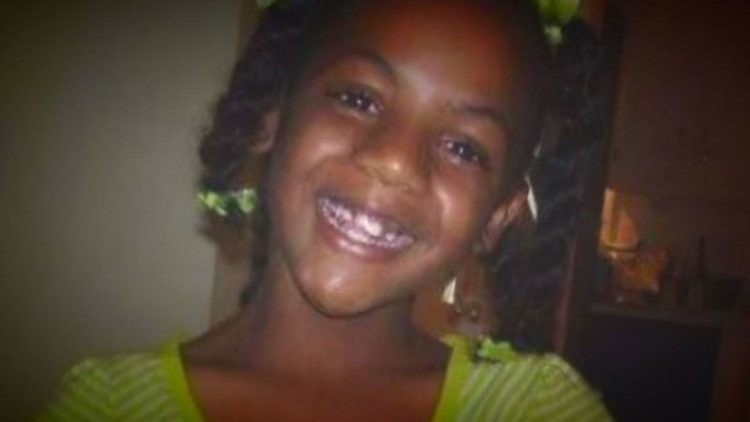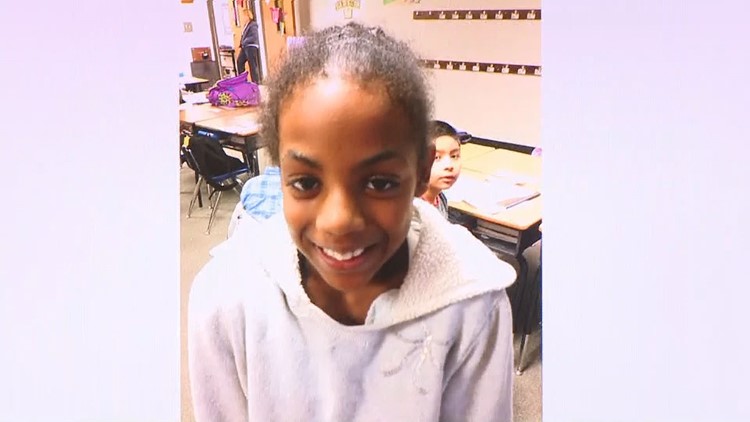LAWRENCEVILLE, Ga. — “It’s one of those cases the first time you look at it, it makes you sick. And the last time you look at it makes you sick,” said Gwinnett County District Attorney Danny Porter.
Over the past week, Porter and Asst. District Attorney Lisa Jones carefully laid out the story of Emani Moss. A young girl who had so much promise, an infectious smile and absolutely adored her little brother.
But Emani’s future was snuffed out in 2013, when her stepmother isolated her, abused her, and slowly starved her to death. Afterwards Tiffany Moss and Eman Moss, Emani’s biological father, stuffed her body into a trash can and tried to burn it to cover up their crime.
Emani Moss
Eman eventually called police and is currently serving a life sentence without parole. He testified against his wife during this trial. Tiffany, however, took a different route: choosing to defend herself in a death penalty trial.
“This defendant has never shown remorse," said Porter. "Never shown that she even acknowledged that she had a part in it. So she forced the state to put her on trial and prove her but guilt beyond a reasonable doubt.”
The biggest question: Why represent yourself?
The overwhelming question from prosecutors, jurors and the public is why did Tiffany Moss choose to act as her own lawyer? She was offered the same plea deal her husband was given: life in prison without parole. She turned it down, instead choosing to go her own route.
"The only rational explanation is… and I’m not sure rational explanations work here.... If she was resigned to whatever was going happen and she was going to make somebody else inflict that,” explained Porter.
Throughout the trial, Moss rarely spoke. On the second day of jury selection, she filed a couple of motions to remove jurors. She won those motions but seemed to shut down after that. She did not have an opening statement. She did not question a single witness. She did not offer a closing statement or even ask family members to take the stand to plead for her life.
In the end, the jurors voted for the death penalty over the other two options: life without parole, and life with the chance of parole.
“We tried to make it was easy as we could that this was the case that deserved the ultimate penalty,” said Porter.
Throughout the trial, Moss showed little, if any, emotion.
What’s next
Any death penalty verdict gets an automatic appeal. Moss can either file the appeal herself or ask the court for attorneys to help her file the appeal. She can also choose to file no appeal at all. If that happens the Supreme Court of Georgia will look at the court transcripts and case files to make certain the trial was fair.
“I would certainly consider you appoint counsel with whatever appeal,” Judge Georgia Hutchinson advised Moss after she was sentenced to death.
The appeals process is lengthy.
“There is no chance she will be executed in 2019,” explained Porter.
Emani’s death brings change
“I felt like the system failed her (Emani),” said Asst. D.A. Lisa Jones. “There clearly red flags and reports that were made and unfortunately some were just not followed up on the way they should have been.”
Here are a few of the red flags alluded to by Jones, which were introduced as evidence in the trial:
- Tiffany’s conviction in 2010 for abusing Emani
- Emani running away numerous times and telling police her stepmom was mean to her
- Isolating Emani by removing her from school to ‘home school’ her shortly before her death
- Refusing to let family see Emani
“I think it’s possible you look at some of the failures in DFCS (Dept. of Family and Child Services) at the time, I do think there have been changes made and hopefully for the better as a result of this case,” said Jones.
Emani’s biological grandmother, who tried to get custody of Emani, sued DFCS to make changes after the little girl’s death.

